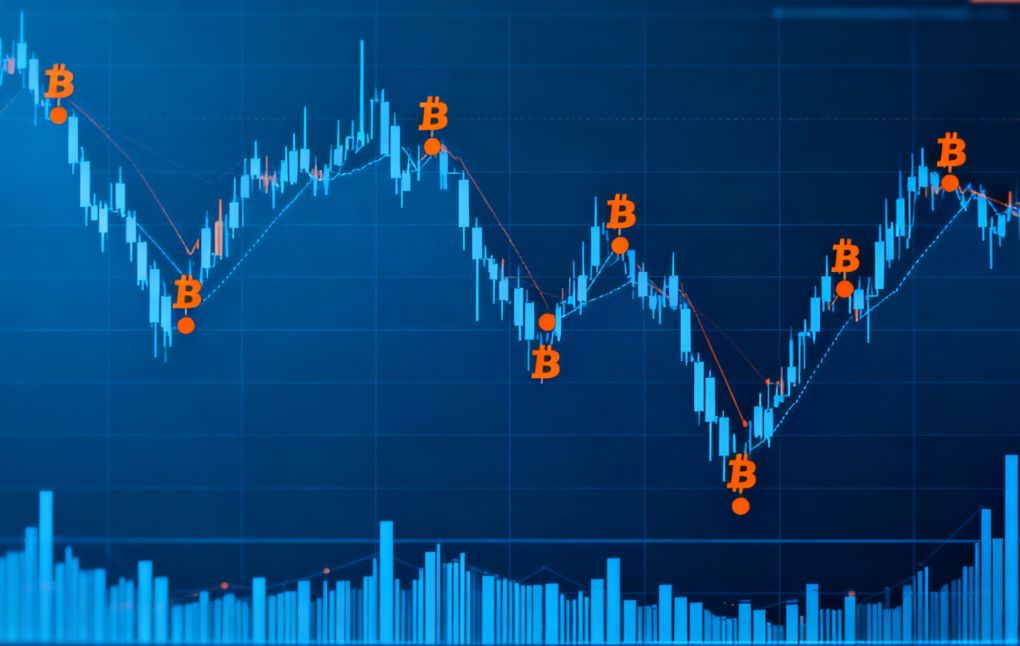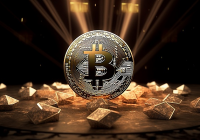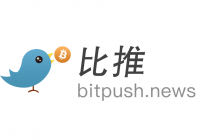Google Cloud is developing its own blockchain network, aiming to provide financial institutions with a neutral and compliant infrastructure layer for payments and digital asset management.
The new system, called Google Cloud Universal Ledger (GCUL), is currently running in a private testnet, according to Rich Widmann, the company’s Web3 Head of Strategy.
Sponsored
In a LinkedIn post , Widmann described GCUL as a platform that emphasizes performance, neutrality, and Python-based smart contracts, aiming to serve as an infrastructure layer that avoids conflicts of interest between competing financial firms.
“Tether won’t use Circle’s blockchain – and Adyen probably won’t use Stripe’s blockchain. But any financial institution can build with GCUL,” Widmann wrote.
GCUL is already being tested with the derivatives marketplace CME Group for tokenization and payments use cases. In March, the companies announced that they would begin direct testing with market participants later in the year and plan to launch new services in 2026.
Google positions GCUL as a credibly neutral blockchain that any institution can adopt, unlike blockchains tied to specific companies such as Stripe or Circle. More technical details are expected in the coming months.
Big Tech’s Blockchain Push
Google is not the only company investing in blockchain infrastructure. Private blockchains are increasingly emerging among enterprises and financial institutions.
Microsoft has developed its Confidential Consortium Framework (CCF) and offers blockchain tools through its Azure platform. Amazon Web Services (AWS) provides managed blockchain services and recently partnered with Avalanche to facilitate enterprise subnets.
IBM, an early mover, continues to build on Hyperledger Fabric, powering projects like Food Trust and TradeLens. In China, Tencent has developed blockchain frameworks for invoicing, identity, and legal documentation.
Private blockchains are permissioned, meaning only approved participants can validate transactions. This governance model allows enterprises to enforce rules, manage upgrades, and ensure operational stability without relying on a decentralized community.
Many operations involve sensitive information, and private networks can restrict access to transaction data, unlike public chains, where transactions are fully transparent.
Why This Matters
The rise of private blockchains like Google Cloud’s GCUL highlights enterprise demand for compliance, privacy, and control. Public blockchains, meanwhile, remain the hub of decentralized innovation, with hybrid ecosystems likely bridging regulated private networks and open public chains.
Dig into DailyCoin’s top crypto scoops:
Crypto Market Takes a Sharp Hit Today. What’s Driving the Sell-Off?
$999M Unlock Tsunami Slams Markets: SOL, SUI, TRUMP On Edge
People Also Ask:
Google Cloud’s Universal Ledger (GCUL) is a private blockchain network designed for financial institutions to manage payments, digital assets, and smart contracts in a secure, compliant environment.
Unlike public blockchains such as Ethereum, GCUL is a private blockchain, meaning only approved participants can validate transactions. This allows for higher performance, privacy, and regulatory compliance.
GCUL is designed for financial institutions and enterprises. Unlike blockchains tied to a single company, GCUL can be adopted by any qualified institution for payments, tokenization, and smart contracts.
Private blockchains offer faster transactions, restricted access, regulatory compliance, and customizable governance, making them better suited for enterprise use than fully public, decentralized networks.
No. Private blockchains serve enterprise needs for control and compliance, but public blockchains remain the hub for open finance, liquidity, and decentralized innovation.




